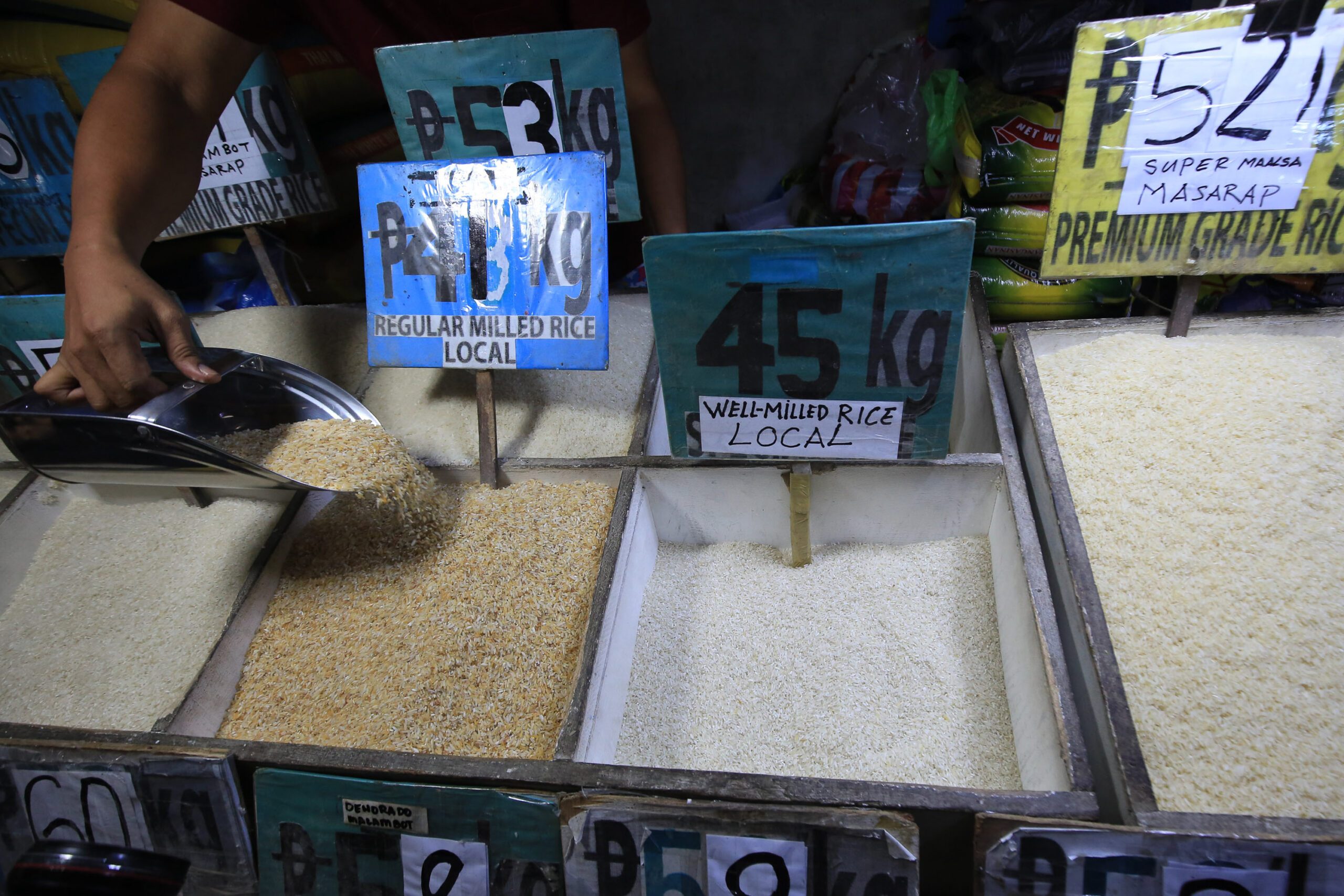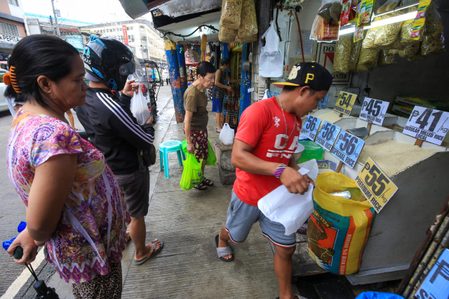SUMMARY
This is AI generated summarization, which may have errors. For context, always refer to the full article.

MANILA, Philippines – Former Department of Agriculture (DA) Secretary Manny Piñol aired his frustrations over the deregulated rice industry enabled by the Rice Tariffication Law (RTL).
In an interview with Radyo DZBB on Wednesday, September 6, Piñol said the government shouldn’t have given up its regulatory powers over the rice industry in the first place.
“The government gave them passes when it implemented the Rice Tariffication Law, which actually handed the rice industry on a silver platter to the rice cartel because the government doesn’t bother [intervening] anymore,” Piñol said in a mix of Filipino and English.
Recently, rice prices have been increasing, prompting President Ferdinand Marcos Jr. to set a price cap through Executive Order No. 39. The price cap, P45 for well-milled rice and P41 for regular milled rice, took effect on Tuesday, September 4.
The RTL allows the private sector to freely import rice subject to a tariff. It effectively removed the importation monopoly of the National Food Authority (NFA) and turned it into an agency responsible for stocking up emergency buffer supply. The NFA can only buy from local suppliers.
Piñol traced the increase in prices to India’s export ban on non-basmati white rice announced last July 20. The export ban caused panic in certain parts of the world, as India holds more than 40% of the world’s rice exports.
“Now the problem here – and this is a manifestation that we are controlled by a rice cartel – the export ban has not yet taken effect but they were already anticipating market prices,” said Piñol.
“The imported rice they bought at the time still had low prices. But since the government doesn’t have regulatory functions, the NFA’s mandate was reduced, the rice cartel was free to dictate the price of rice to the point that it has become unaffordable to the ordinary Filipino family,” he said.
Marcos, who is serving as the concurrent agriculture chief, has warned cartels fixing prices of agricultural products.
The collusion among traders causing higher rice prices is suspected by the DA and the Department of Trade and Industry, as stated in the EO. – Rappler.com
Add a comment
How does this make you feel?

![[In This Economy] The bad economics of Marcos’ rice price ceilings](https://www.rappler.com/tachyon/2023/09/20230905-bad-economics-marcos-price-ceiling.jpg?fit=449%2C449)


![[ANALYSIS] How one company boosts farmer productivity inside the farm gate](https://www.rappler.com/tachyon/2024/06/bioprime-farmgate-farmer-productivity-boost.jpg?resize=257%2C257&crop=465px%2C0px%2C1080px%2C1080px)


There are no comments yet. Add your comment to start the conversation.